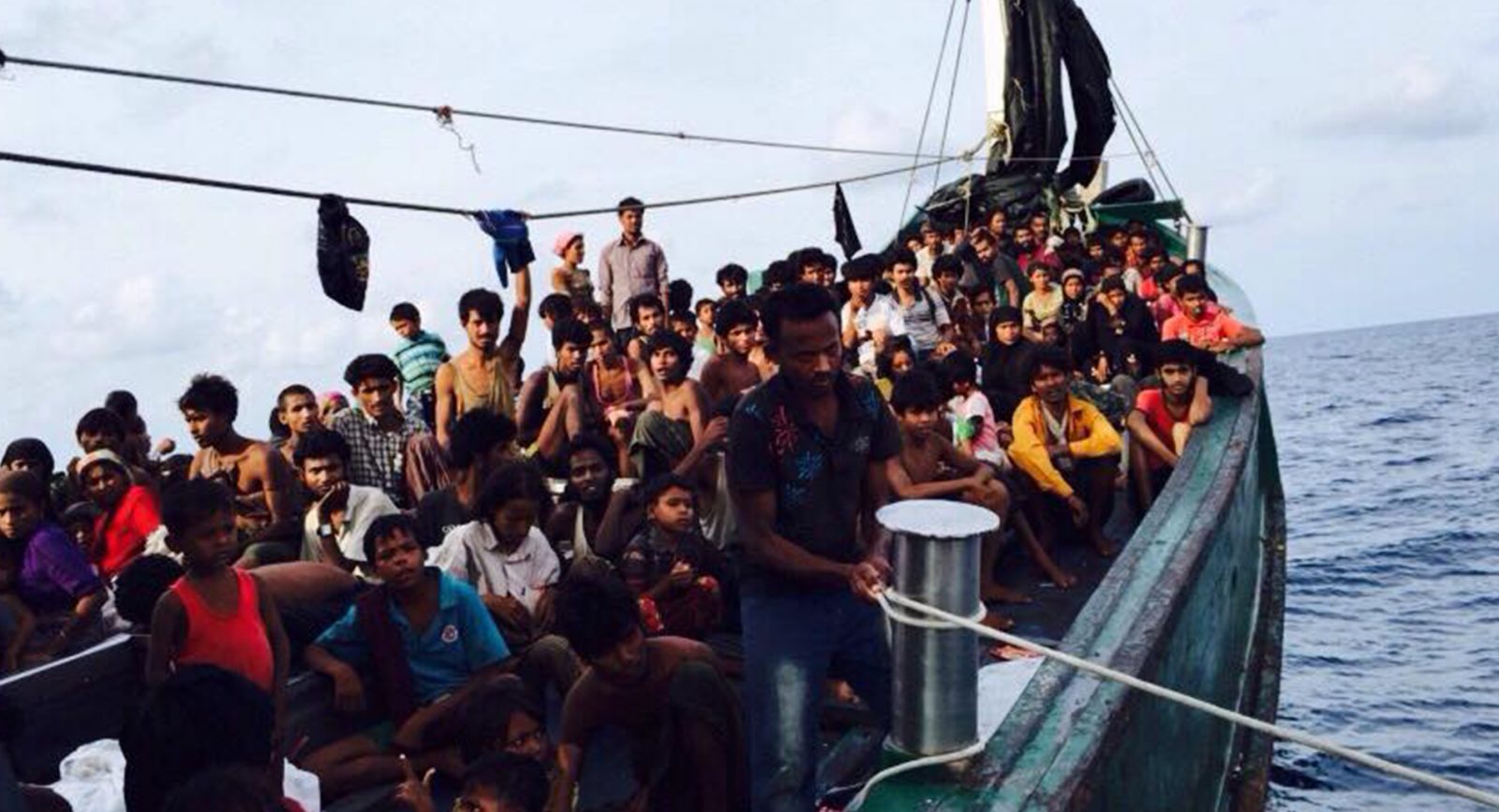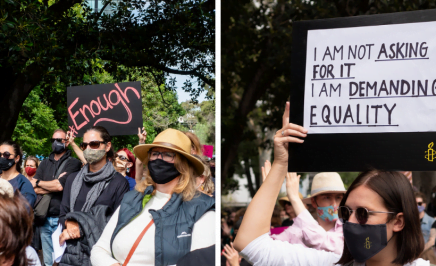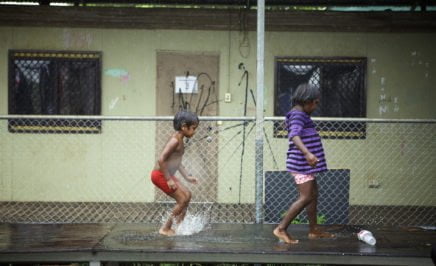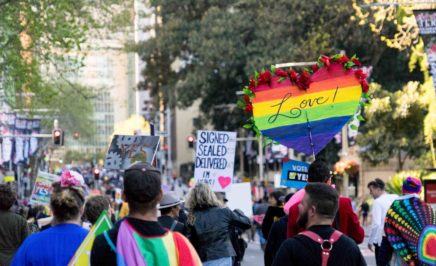Amnesty International welcomes Australia’s commitment to a joint regional approach to creating safe and legal pathways for people seeking asylum. However, Australia must do more to support the region through a more targeted approach to resettlement.
Safety of refugees must be a priority
Amnesty International had called on all 45 countries taking part in the high level meeting in Indonesia, including Australia, to make the safety of refugees and migrants an absolute priority.
This year’s Bali Process meeting comes in the aftermath of the refugee crisis that erupted in Southeast Asia in May 2015. This crisis saw thousands of people from Myanmar and Bangladesh stranded in rickety boats, pushed back from safety on shore, trafficked into forced labour, or killed at sea.
“Last year’s push-back of boats in the Bay of Bengal and the Andaman Sea illustrated the disastrous consequences of ignoring the plight of people who have to resort to dangerous routes to escape serious threats to their lives,” said Tirana Hassan, Amnesty International’s Crisis Response Director.
“Last year’s push-back of boats in the Bay of Bengal and the Andaman Sea illustrated the disastrous consequences of ignoring the plight of people who have to resort to dangerous routes to escape serious threats to their lives.”
Tirana Hassan, Amnesty International
“While Amnesty International welcomes the Bali Process Ministerial Declaration as a step in the right direction, we are calling on the Australian government to show real leadership in the region and commit to increasing its humanitarian resettlement quota to at least 30,000 places per year from the current 13,750.
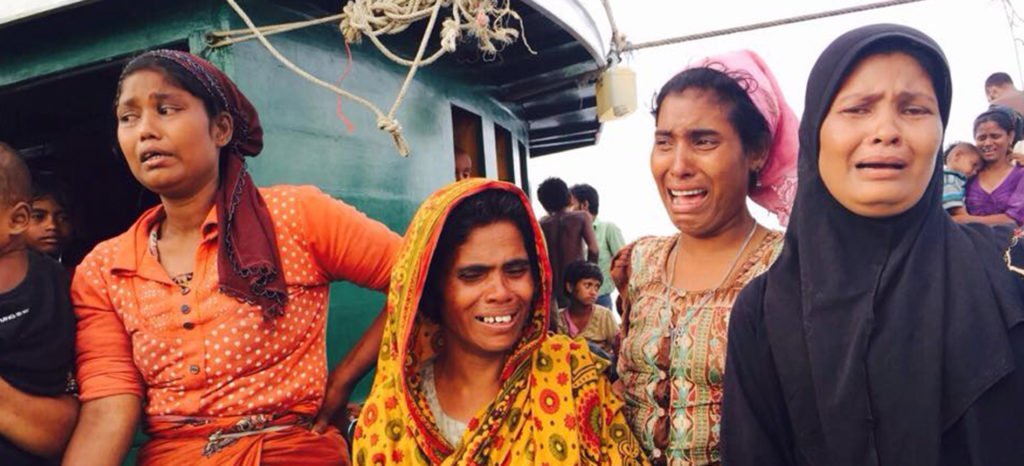
Australia can do more
“As one of the wealthiest countries in the world on a per capita basis, Australia clearly has the capacity to do more. We should not expect poor countries in the region to shoulder the responsibility”.
Malaysia currently hosts 150,000 refugees and asylum seekers, Thailand hosts 130,000 and Indonesia hosts 13,000.
Rohingya refugees and asylum seekers make up a significant proportion of these people. Australia refuses to resettle refugees from Indonesia who have arrived after July 2014 and has not resettled Rohingya for many years.
An effective regional approach to protecting refugees requires all countries in the Asia Pacific to provide a recognised legal status to those seeking protection. This status would ensure access to basic rights, such as work and education. Greater collaboration and commitment from resettlement countries is also needed to provide permanent solutions for particularly vulnerable refugees in the region.
“Australia should reverse its policy of not resettling refugees from Indonesia who have arrived after July 2014 as this harsh deterrent strategy has resulted in vulnerable people being left in limbo for years without the right to work or get an education,” said Tirana Hassan.
“It is also counterproductive: without the option of resettlement refugees in Indonesia are inevitably forced to consider irregular migration options”.
Amnesty International continues to call for Australia to set an example in the region by ending its policy of pushing back boats carrying vulnerable people seeking asylum – a strategy which is contrary to international law.
